Energy Certificate
Obtaining an energy certificate is essential for assessing the energy efficiency of a building, whether it is new or existing. This document contributes to optimizing maintenance costs, certifies the building’s energy performance and provides relevant information about energy consumption and CO₂ emissions.
The energy certificate is MANDATORY before the reception of a new construction, as well as for the sale, rental and evaluation of existing buildings/apartments and is valid for 10 years.
For places of worship, temporary buildings used for less than two years or independent structures with an area under 50 square meters, an energy certificate is NOT required.

What is an Energy Certificate?
The energy performance certificate is a legal technical document that indicates the calculated energy performance under predefined comfort conditions for the assessed property (building, building unit, apartment). The document must be prepared according to the methodology for calculating building energy performance and includes data on primary and final energy consumption, including from renewable energy sources, as well as the equivalent amount of CO₂ emissions.
For existing buildings, the certificate includes an annex with recommended measures both for reducing energy consumption and for increasing the share of renewable energy sources in total consumption.
The energy performance certificate is an official document that evaluates the energy efficiency of a building or apartment. Through this document, the property is classified into a specific category, from Class A (most efficient) to Class G (least efficient), based on both primary energy consumption and CO₂ emissions. This is done based on energy use for heating, cooling, ventilation and lighting, converting final energy into primary energy and CO₂ emissions.
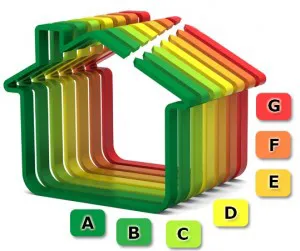
When is the Energy Certificate required?
According to the provisions of Law No. 372/2005, the energy certificate is mandatory before the reception of a new construction and for the sale, rental, or evaluation of existing buildings and apartments and is valid for 10 years.
Energy Certificate for new buildings
For new constructions, obtaining an energy certificate is mandatory before the completion of the work and the building’s reception. The document provides an initial evaluation of energy performance, allowing owners to implement potential energy efficiency measures from the beginning. This certificate ensures compliance with construction standards.
For existing buildings
For existing buildings, an energy certificate is required in specific cases, such as sale, rental or major renovation. When selling or renting a property, the document contributes to greater transparency in the real estate market. In cases of significant building renovation, obtaining an updated energy certificate is necessary to assess the building’s performance after changes.
For which types of properties is the Energy Certificate issued?
The energy performance certificate is issued for various types of buildings, residential and non-residential and must be presented according to Law No. 372/2005 regarding building energy performance, as republished.
Energy Certificate for Office Buildings
*(commercial spaces, hospitals, educational buildings, sports facilities, etc.)
For non-residential buildings, the energy certificate assesses the energy needed for heating, cooling, lighting, and ventilation of workspaces. The document provides employers and owners with a clearer view of operational costs and enables them to implement measures to reduce energy consumption.
Certificate for studio apartments
Being smaller residential units, studio apartments also benefit from energy certification. The document helps owners optimize energy costs and provide tenants with an adequate level of thermal comfort. The energy certificate for studio apartments is necessary for renting or selling.
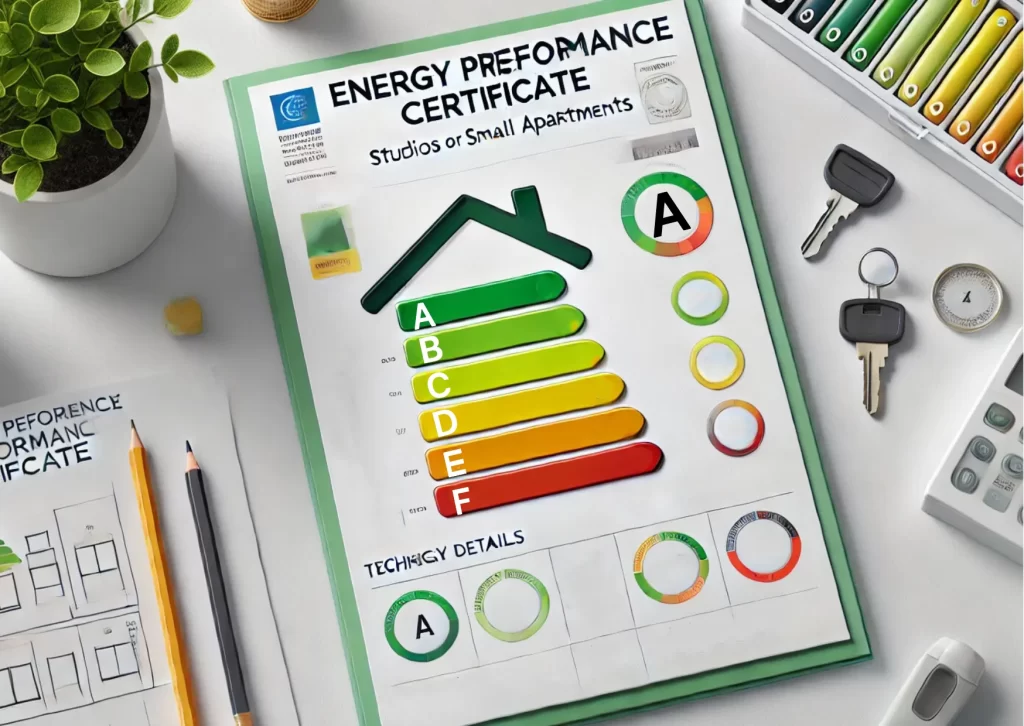
Certificate for apartments
An energy certificate is required for apartments for both sale and rental. The document allows owners to understand how they can improve energy performance through insulation, efficient windows or other interventions. It is a useful document for managing maintenance costs and enhancing comfort.
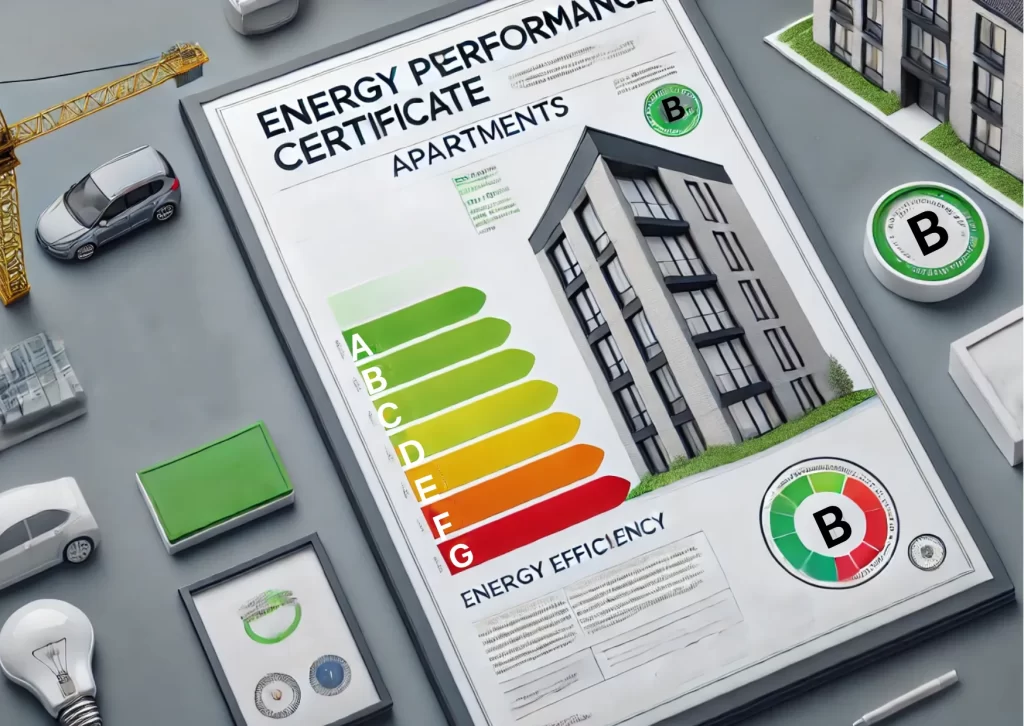
Certificate for Houses and Villas
For houses and villas, the energy certificate is especially important, given the diversity of construction methods and materials used. This certificate helps owners understand how energy-efficient their home is and what measures they can take to improve it.
All new buildings (residential and non-residential) will need to be designed to meet NZEB requirements.
*(NZEB – nearly zero energy building) – a building with very high energy performance, where energy consumption is almost zero or very low and is covered, at a minimum of 30%, by renewable energy sources, including renewable energy produced on-site or nearby within a 30 km radius from the building’s GPS coordinates.
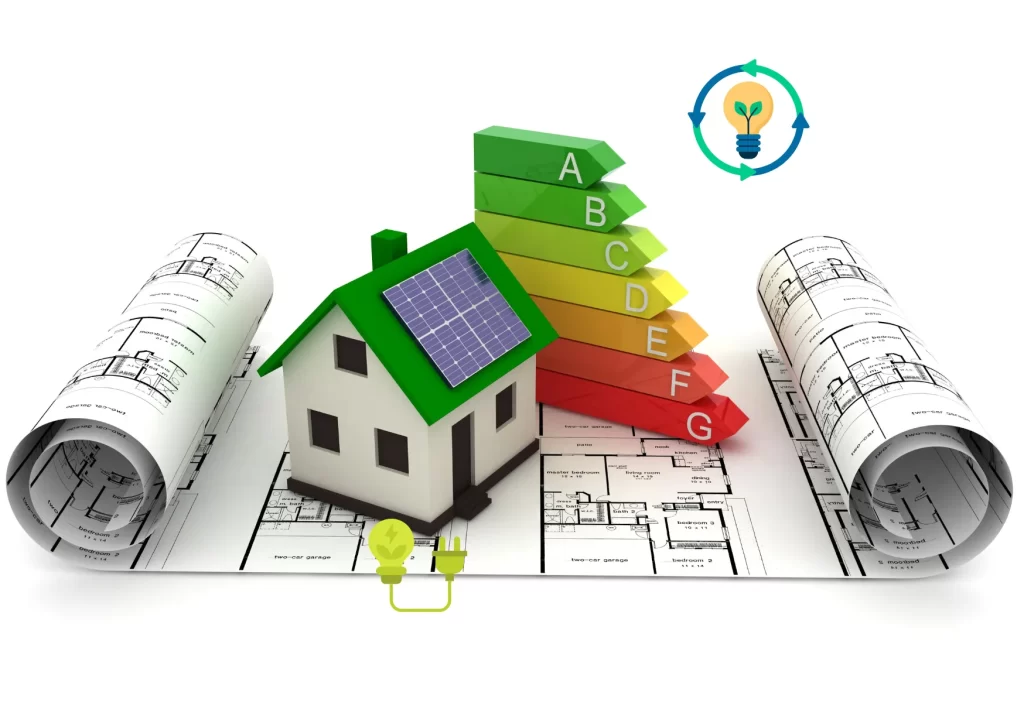
Documents needed for issuing an Energy Certificate
The documents required for an energy certificate include:
- A copy of the owner's ID (or authorization if a representative)
- Building plans (architectural plans)
- Building survey, if available
- Technical documentation of the building, if available
- Previous energy consumption data (optional, for a more precise estimate) and photos of the location
- Data on existing installations
- Information on the structure and if the building/apartment has already been rehabilitated
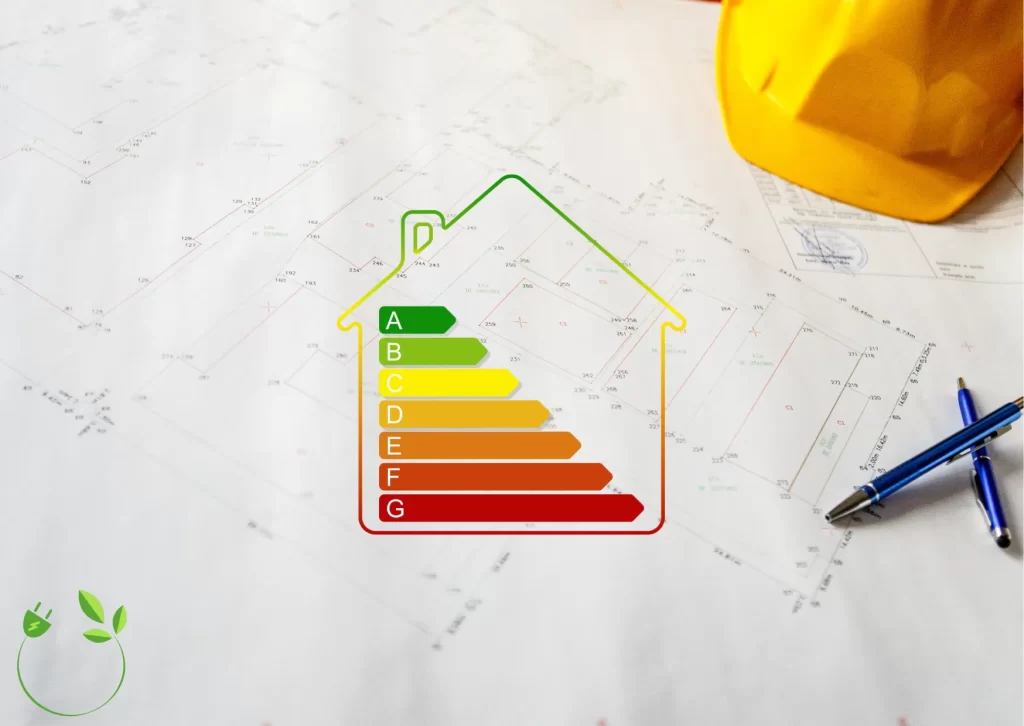
Contact an Energy Certification specialist!
Need an energy certificate in Bucharest? Contact us through the form below:
FAQs
What is an Energy Certificate?
The energy performance certificate is a legal technical document that certifies the calculated energy performance under predefined comfort conditions for the evaluated property (building, building unit, apartment), classifying it into an efficiency category, from A to G.
The document must be prepared according to the methodology for calculating building energy performance and includes data on primary and final energy consumption, including from renewable sources, as well as the equivalent amount of CO₂ emissions.
For existing buildings, the certificate includes an annex with recommended measures to reduce energy consumption and increase the share of renewable energy sources in total consumption.
When should this certificate be obtained?
The energy certificate must be obtained before the sale, evaluation, rental or after major renovation of a property.
Who issues the Energy Certificate?
The energy certificate is issued by authorized energy auditors approved by the competent authorities, working in construction companies with accredited personnel, specifically MDLPA-authorized energy auditors.
How long does it take to Issue the Energy Certificate?
The time required to issue the energy certificate varies depending on the complexity of the building. Generally, it can be obtained within 24-48 hours from the assessment. You can receive the energy certificate online (signed electronically by the auditor) or pick it up in person (at the Xplorate Group office).
How long is the Energy Certificate valid?
The energy certificate is valid for 10 years, provided that no major changes are made that would affect the building’s energy performance.
Do outbuildings need an Energy Certificate?
Outbuildings not intended for permanent residence or commercial activities (garages, storage spaces, etc.) do not require an energy certificate.
Are there buildings exempt from this requirement?
Yes, places of worship, temporary buildings used for less than two years and independent structures with an area of less than 50 square meters are exempt from this requirement.




